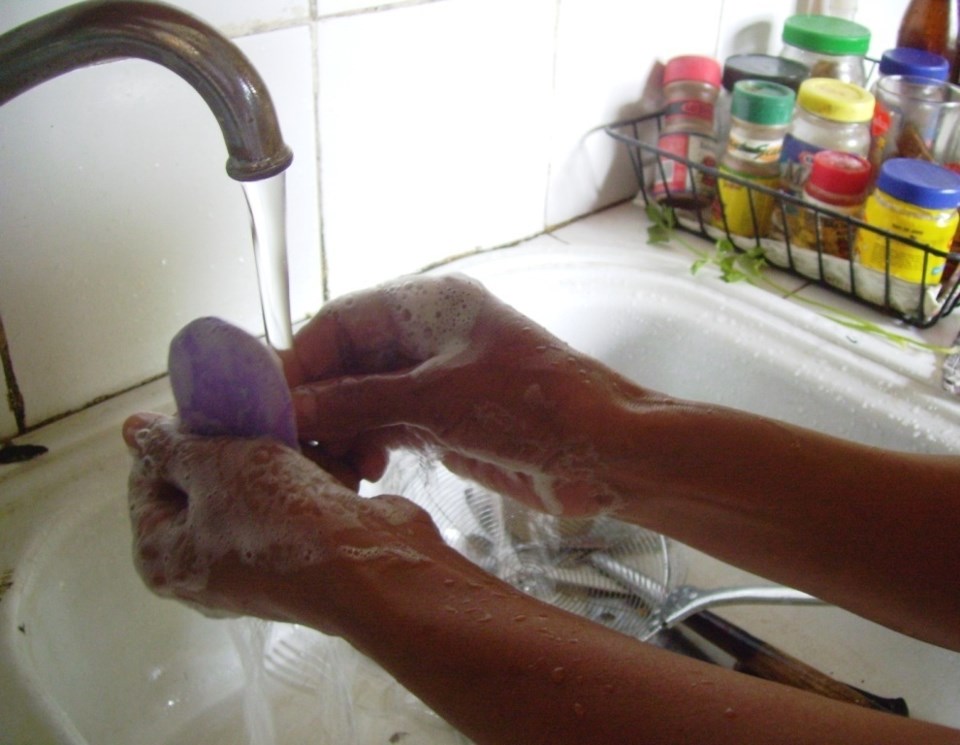To repeat: In 2003, a total of 44 Canadians died of SARS, and we panicked.
By contrast, 8,511 of us died from garden variety flu and pneumonia in 2018, and we yawned. As Madonna would say: boring.
Just a bit of perspective as authorities try, again, to calm the pounding hearts of those trembling over the latest disease du jour to peer over the horizon.
“Coronavirus is not airborne and the risk in B.C. remains low,” the provincial government assured us Wednesday. B.C. has recorded just one confirmed case, and another presumptive one. Wash your hands, sneeze into your elbow and get on with life.
Or, as former White House health adviser Dr. Ezekiel Emanuel told CNBC: “Everyone in America should take a very big breath, slow down, and stop panicking and being hysterical.”
Most Canadians are, apparently, getting the message, tilting more toward caution than hair-on-fire alarm, according to a poll released by the Angus Reid Institute on Wednesday.
“Canadians are remaining relatively calm, at least when they consider the situation domestically,” it found.
Half of those polled are “taking some form of extra care, whether that is washing their hands more often or avoiding public places.” Half say they would cancel plans to travel to parts of the world most affected by the outbreak.
Three in 10 worry they might catch the virus. That actually doesn’t seem that high, given the difference between “might” and “will” — although it’s a distinction often missed by those who can’t distinguish between possibility and probability. That is, it’s possible that Victoria will be invaded by the Pig People of Pluto, but it probably won’t happen.
Fear of the unknown, or at least the yet-to-arrive, doesn’t inspire clear thinking. The same parents who feel only vaguely guilty about sending their sneezing, coughing, snot-encrusted offspring to Festering Petri Dish Elementary School during flu and cold season are the ones demanding the quarantine of foreign students, whether they be from China, Chile or Chilliwack.
It’s lost on them that it’s one thing for international health authorities to take prudent measures against the spread of the disease, but another for you, as an individual, to assume you are more susceptible to Wuhan virus than you are to any of the more mundane diseases that are already here.
So we hear that Edmonton-area soccer leagues have banned post-game handshakes, and of a bar in Rome that won’t serve Chinese customers. The Kingston Whig Standard reports that the Ontario city’s Chinese Canadian Association cancelled a fundraising dinner not out of fear of the disease, but because organizers worried that if someone sneezed, attendees would ignore the obvious assumption — “he has a common cold” — and leap to the less-logical “he has coronavirus.”
It’s not always easy to find the line. Taped to the doors of local medical labs are signs that ask if visitors have symptoms of respiratory illness, are being tested for coronavirus, or have encountered others who might have been exposed to the disease. “If yes, please apply hand sanitizer and put on a surgical mask immediately.”
Is that just being responsible and cautious, or, by singling out coronavirus, does it reinforce the idea that we’re at greater risk of contracting that disease than the bugs that are already floating around?
Fear breeds misinformation, which becomes viral in the cyber sense, thanks to fact-free social media. Last week, the World Health Organization felt compelled to put out a brushfire rumour with a tweet: “There is no evidence from the current outbreak that eating garlic has protected people from 2019-nCoV.” Malaysia had to assure citizens that the virus wouldn’t turn them into zombies.
Fear can do damage on its own. Even though Canada’s brush with SARS was limited mostly to Toronto in 2003, U.S. tourists avoided our entire country like, well, the plague.
During the swine flu outbreak of 2009, Christopher Hitchens reported that Cairo ended up with a big garbage problem after Egyptians slaughtered the pigs that ate the city’s organic waste. The slaughter wasn’t necessary, as the virus was spread by people and wasn’t present in the country’s hogs.
Yet we’re unfazed by the threats that are real.
As Vancouver’s then medical officer, Dr. John Blatherwick, put it during the avian flu flap of 2006: “The greatest danger that chickens pose is the fried type, that people continue to eat and get fat on.”



